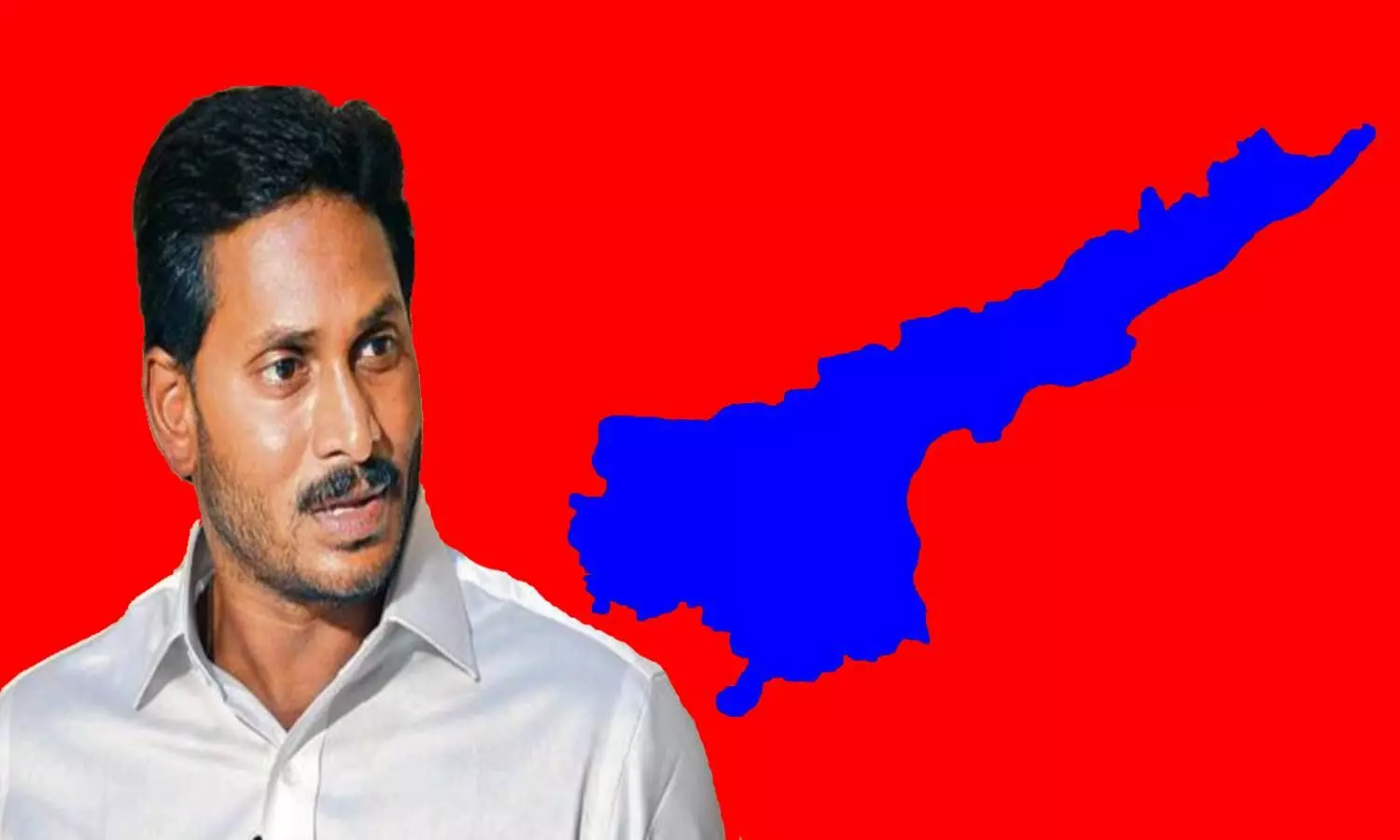Why did Chief Minister Jagan withdraw 3 Capital Bill?
According to Bodepudi Vittal Rao, a senior advocate from Vijayawada, the government chose to repeal the APDIDAR Act 2020 with an ulterior motive and the decision lacks honesty.
By Jinka Nagaraju
It did not take long for the pro-Amaravati agitators to realize that the state government's move to repeal the Andhra Pradesh Decentralization and Inclusive Development of All Regions Act, 2020 that it was only a strategic retreat. When the AG told the three-member bench of AP High Court which has been handling the petitions pertaining to the trifurcation of Amaravati into Judicial Capital, Legislative Capital, and Executive Capital, everybody thought it was a victory for the 705-day-long battle for Amaravati farmers.
The farmers who were marching through Kavali in Nellore district at that time on their way to Tirupati burst into celebrations stating it was a victory for the farmers. Union MOS Home G Kishan Reddy welcomed this as a celebration of public opinion. TDP called it a triumph of people's sustained agitation. And the CPI hailed the government's decision as the first glorious victory in restoring Amaravati as the sole capital of Andhra Pradesh.
However, the euphoria died down in the afternoon when chief minister Jagan Mohan Reddy made it clear that a new bill will be introduced in Andhra Pradesh after ironing out all technical flaws pointed out by the High Court. The ideologue of the Save Amaravati movement and former minister Vadde Shobhanadreshwar Rao cried foul. He bluntly said the government was trying to mislead the HC, and their movement would go on.
Why did the government choose to repeal the act so suddenly?
According to Bodepudi Vittal Rao, a senior advocate from Vijayawada, the government chose to repeal the APDIDAR Act 2020 with an ulterior motive and the decision lacks honesty.
"The possibility of HC striking down the Act on technical grounds is very high given the comments made so far by the chief justice. Once the Law was struck down, the government can't bring back the three-capital issue in any form. The only option left for the government is to knock at the doors of the Supreme Court for an appeal. To avoid facing the ugly situation the government wanted to exit gracefully by rolling back the capital decentralization Act. Now it can move fresh legislation in the Assembly," Vittal Rao said.
Vadde Shobanadrishwar Rao has also expressed similar sentiments. "The government submitted the APDIDAR Act 2020 for governor's approval even though the matter was referred to select committee by the Legislative Council where the Opposition TDP was in majority. The due process was not followed before the governor gave the assent. The High Court has taken this into cognizance. Indications are there that the HC might strike it down on technical grounds. So, the government thought it would be prudent to repeal the Act and table a new bill later," Rao said.
Social activist T Lakshminarayana said the possible legal setback might have forced the government to take a dubious stand to withdraw the 3- Capital Act. "The Act was technically unsound and constitutionally invalid. If the HC were to strike down the Act it would be difficult for the YSRC government to move ahead on the project in any form.
Bolisetty Satyanarayana, who fought against Amaravati capital from the environment perspective, said the government's decision to repeal the bill had not stemmed from concern for the farmers. "The 3-capital repeal decision is welcome. But, it created more confusion as the CM said a new and pool-proof bill would be moved soon. Chief Minister Jagan has no moral right to oppose the Amaravati capital as he unequivocally supported the motion moved in Assembly in 2014. How could he talk of decentralization which he did not raise at the time of passage of the bill? If Jagan thinks massive capital is unwieldy, it could be developed as a natural city and self-sustained city as proposed by Prof Vikram Soni and Romi Khosla. Japan's decision is destructive in intention. We will oppose it," Satyanarayana said.